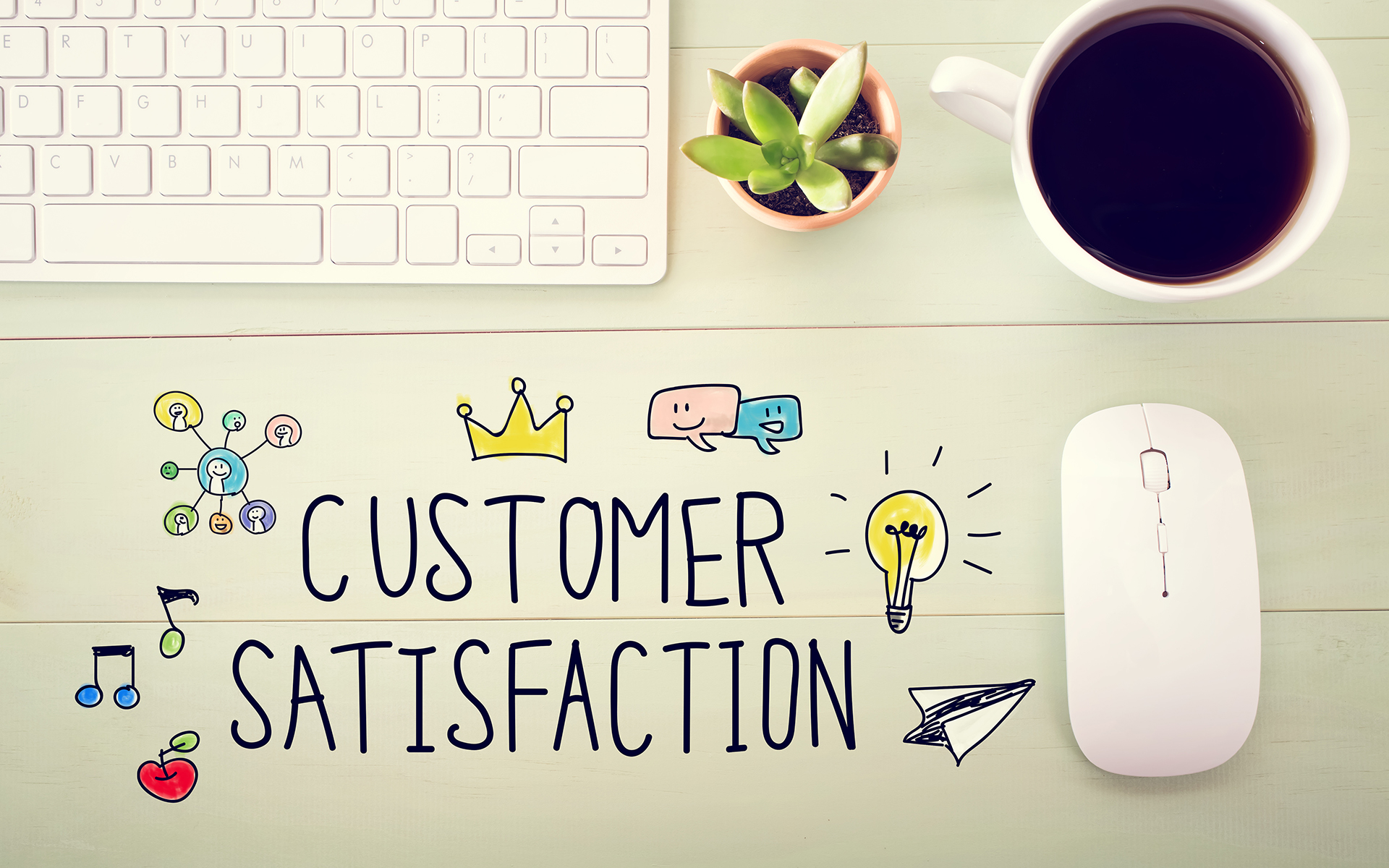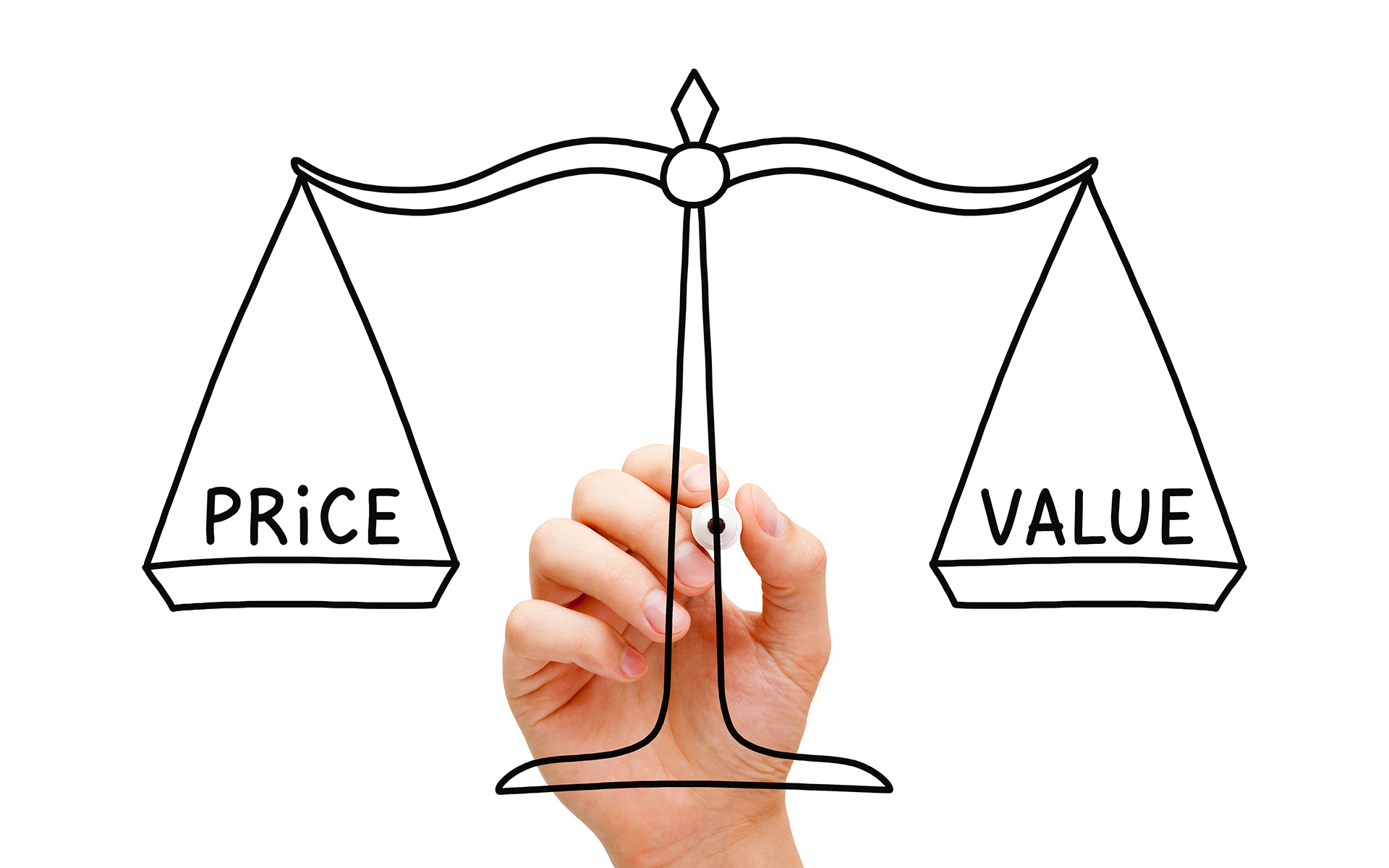
Are you just wondering what it means to understand your customers better? Or do you want to know how this can lead to business growth? Let me show you. Feel free to give me a call or schedule a Discovery Consult. Free, no strings!
This is how I will help you during the call:
What it will bring you:

Listen and talk with you about understanding your customer
Free
You know how understanding your customer strengthens the competitive position
Do you want to know more about this consult?
A strong competitive position will solve some of the most common problems businesses struggle with. By strengthening your competitive position you will make it easier for customers to find you. You will help customers to clearly see what value you offer compared to competitors. They will become more agreeable to your price and more loyal. Look through these examples of problems and questions:

Are you noticing that you are losing (loyal) customers? Or are potential customers continually choosing a competitor over you? Do you not understand why this is happening?
One of the most common reasons for a customer to choose a competitor is that they are not happy. Customers need and want something. When these needs are not met, they become unhappy. Then, they leave. If it is not clear to them, how your product will meet their needs, they won’t come. It’s just that simple. Companies often struggle to understand why customers are not happy. They do not understand how the customer’s needs are not met. Often they assume that the customer contact points are not performing, that price level might be too high or that competitors are becoming aggressive. If you do not know why and cannot correct it.
Your ability to keep your customers happy and attract customers requires that you:
I can help you to understand what your customer actually wants, why he is buying your product. And then I can help you to see how your business is meeting those needs. I will then show you how to use this knowledge in your business decisions.
Consults

Is it beyond you why customers complain about your price level? Does it frustrate you to hear customers saying that your price level is way too high? Does it make you think that customers simply do not understand the value of your product? You have a top quality product!
Value is personal. And value is directly tied to customer needs. If your business is offering features that your customers don’t need, want, they won’t value them. This can be very hard to see.
Value is about whether you prefer to spend your money on a holiday or to buy a new car. And do you want a honeymoon or an adventure in backpacking? Clearly, we will not all make the same choice as we value different things. Even though this is clear, and we experience it in daily life, it becomes murky when it comes to business.
You are so focussed on making your business successful. Your focus is on making everything the best it can be; the best location, the best packaging, the best personnel. Creating the best product. It makes it very hard to see why a customer doesn’t value it.
However, there is no best. There is only a best ‘at what’ where the ‘what’ is directly linked to the need of the customer. Customers are prepared to pay for value. Value that is directly linked to their needs.
When customers don’t understand the value of you product there is a mismatch between their needs and how your business is meeting them. Let me help you find out where this mismatch is.
Consults

Are you successful in selling your services & products to a number of customers? You might have had a long sales cycle and some intense discussions about price but the customers appear to be happy with your product. And you are convinced of the quality of your product. This makes you believe your business should be able to sell your services & products to more customers, your business could be doing better. But you can’t quite put your finger on how?
Understanding your customer will let you find if you’re right and how you can go about it. Understanding the customer means knowing. The customer appears to be happy, but you have not actually asked him? If you do not ask the customer if they are happy, if their needs have been met since they have started using your product, you do not know. You do not know for sure if he is happy, which is risky. But worse, you do not know WHY he is or is not happy.
Let’s assume you ask and discover the customer is only partly satisfied. Knowing why he is only partly happy could possibly then explain why the sales cycle took so long and why the discussions on price were so intense. These are all things you could probably avoid by understanding why the customer is only partly happy and making the necessary changes accordingly. As well it could also explain why other customers are not lining up to buy your product. And, what you need to change so that they will!
Consults